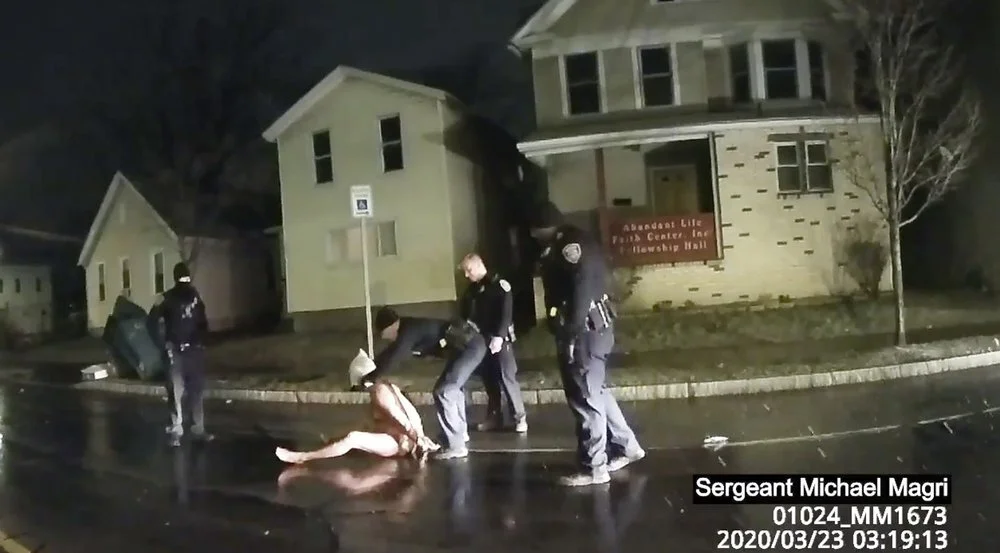Grand juries are a handy tool for prosecutors, providing a ready pretext for any potentially controversial decision to bring charges or, as is often the case with police accused of crimes, not bring charges. Do grand jury proceedings serve any purpose, or are they just theater? Dave explains on 90.5 WESA's The Confluence.
Read MoreIndependent investigations into police killings are supposed to circumvent the apparent conflict of interest that often prevents local prosecutors from bringing charges against local officers. But they don't seem to be any likelier to result in charges, because the law is stacked in favor of police regardless of who's investigating.
Read MoreA Minneapolis jury has found former police officer Derek Chauvin guilty on all three counts in the murder of George Floyd. What does it mean for criminal justice reform?
Read MoreDerek Chauvin faces second- and third-degree murder and assault charges, and the three other Minneapolis police officers who watched him kill George Floyd are charged with aiding and abetting the crime. Why not first-degree? What do the charges mean? Dave breaks down the prosecution's reasoning.
Read MoreIn the last five years, we’ve seen case after case of police killing unarmed civilians – even people running away. Usually, officers do not face charges; when they do, juries often acquit them. Does the law governing police use of
force favor police?





